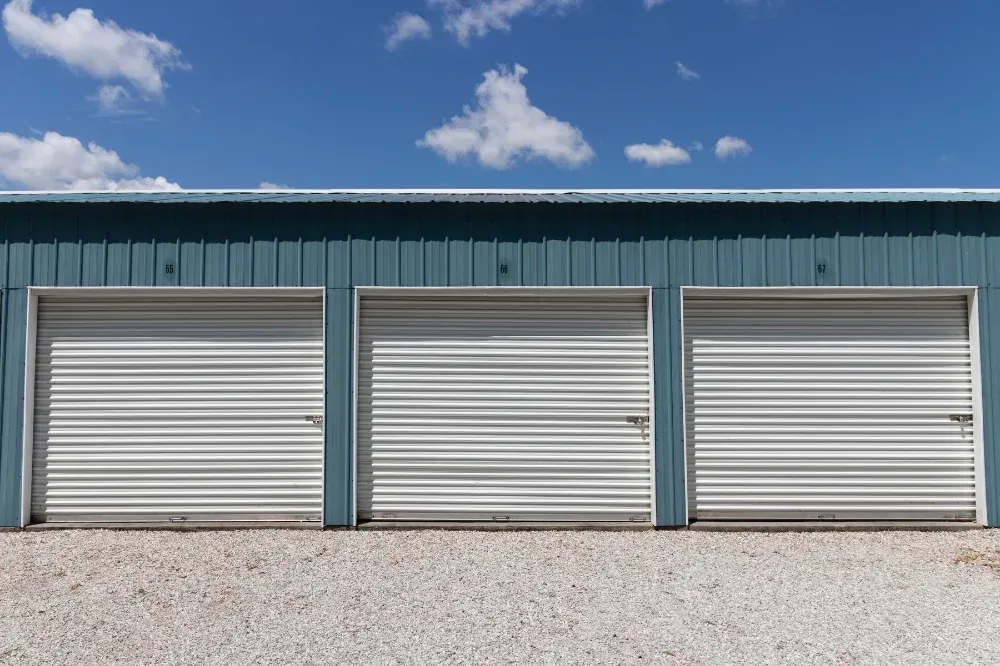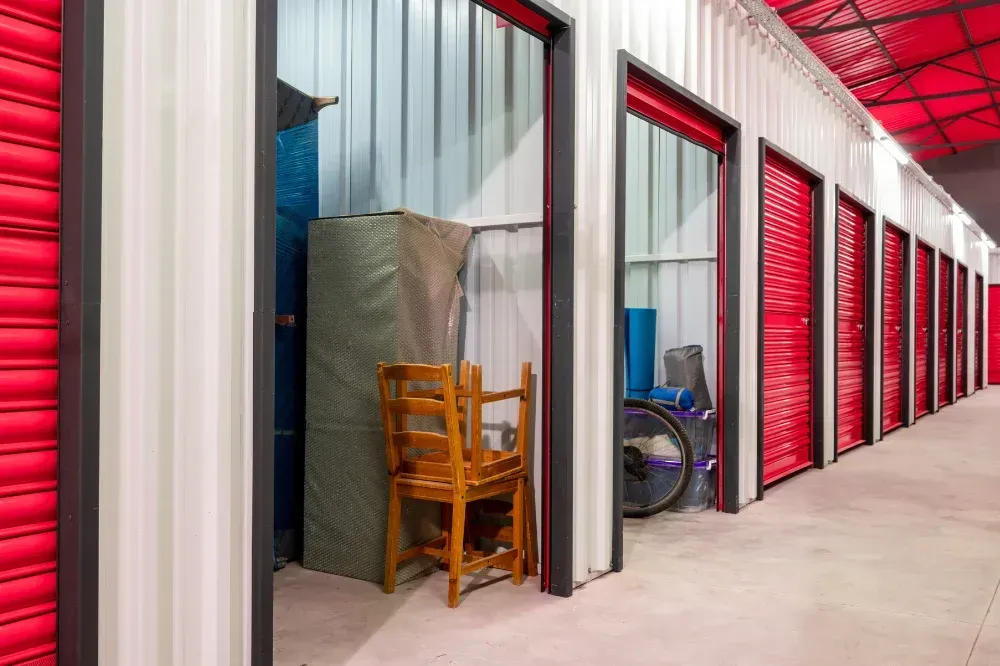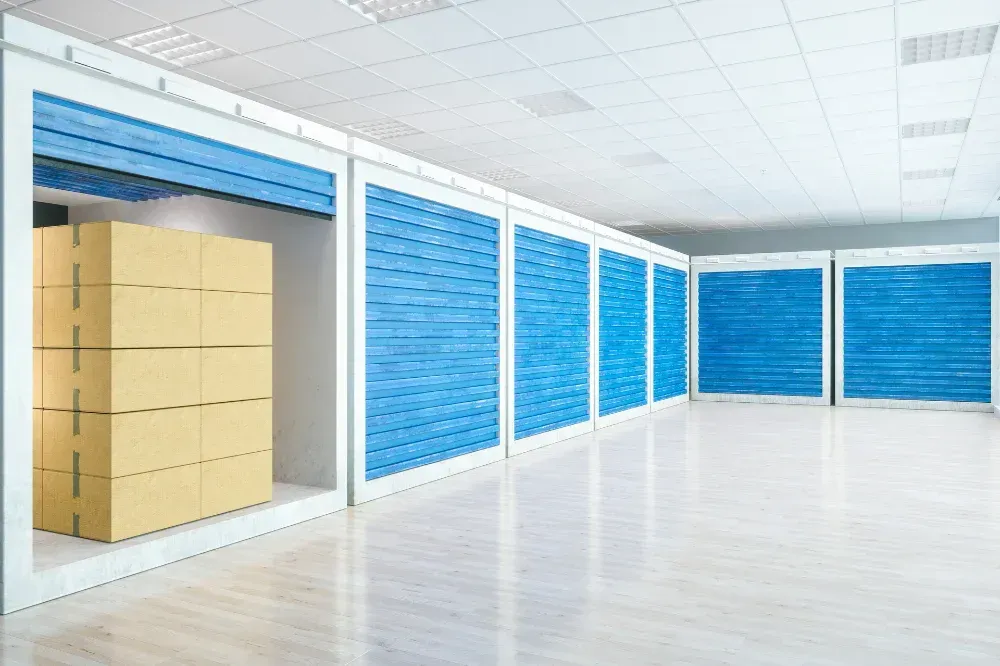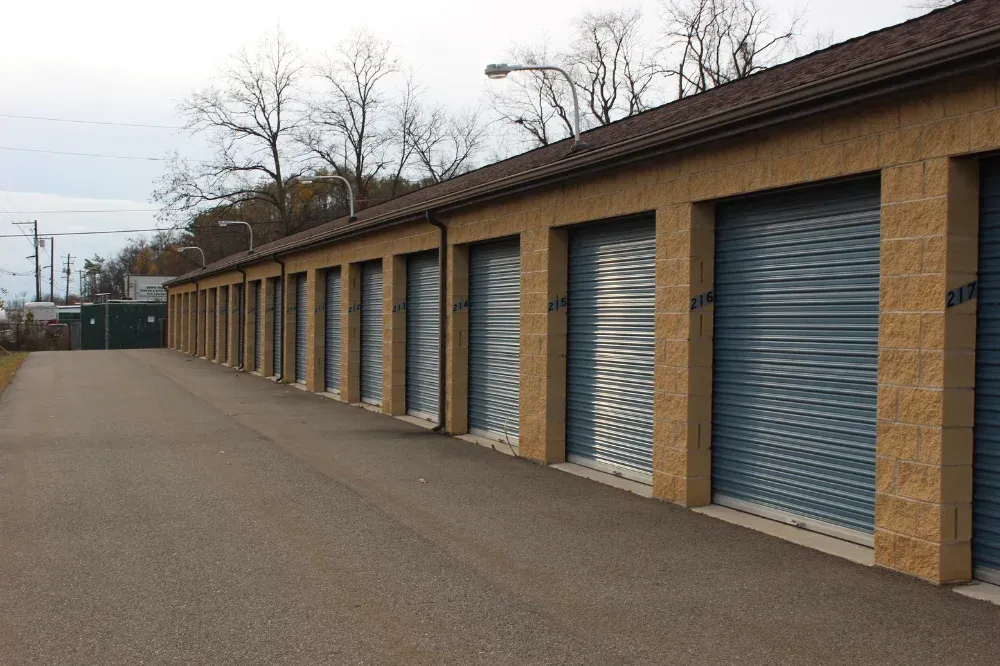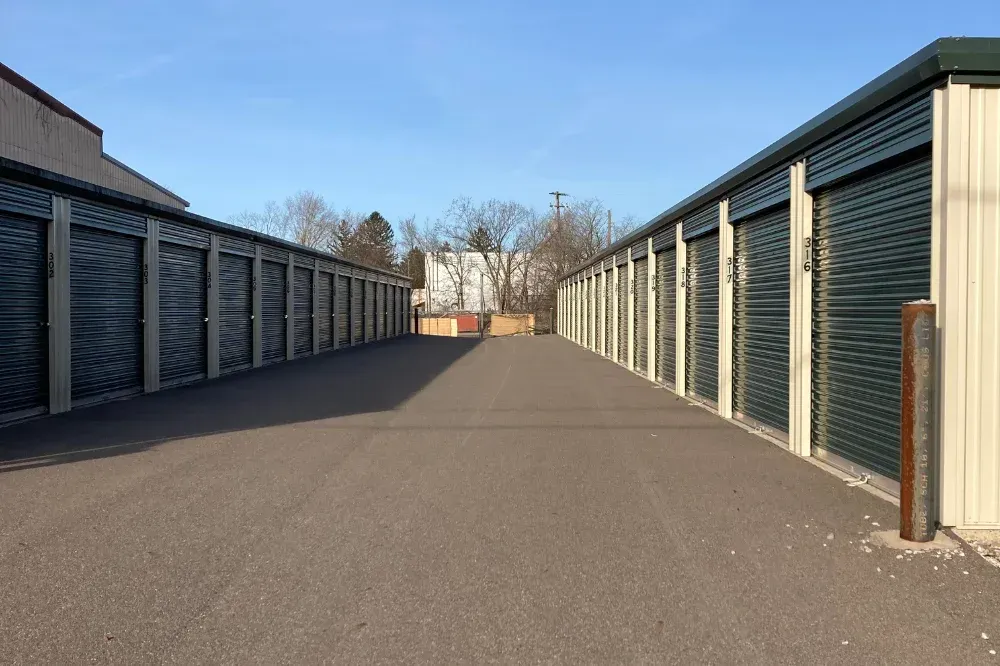Tips for Securely Storing Important Documents in Storage Units
Tips for Securely Storing Important Documents in Storage Units

In today’s digital age, most of our important records and documents are stored on computers, smartphones, and cloud services. However, there are still many physical files that need to be preserved in a secure and organized manner.
Whether it's for personal or business reasons, storing physical documents safely is paramount to maintaining security and preventing loss. Fortunately, utilizing a storage unit can be an excellent solution to meet this need.
In this article, we’ll explore how to securely store important documents in a storage unit, focusing on the best practices, necessary precautions, and organizational tips to keep your files safe, accessible, and well-preserved.
The Importance of Proper Document Storage
Documents such as legal records, financial statements, medical files, tax returns, and personal identification papers hold tremendous value. The last thing you want is to face a disaster where these documents are lost, damaged, or stolen. That’s where the right storage solutions come in. Proper document storage ensures:
- Protection from Natural Elements: Extreme temperatures, humidity, water, and fire can ruin your documents if they aren’t stored correctly.
- Prevention of Identity Theft: Unauthorized access to personal records can lead to identity theft, so securing documents is essential.
- Long-term Preservation: Some documents must be preserved for many years, and improper storage can cause them to degrade over time.
- Easy Retrieval: An organized filing system ensures quick access to critical documents when needed.
By taking proactive steps in storing your important documents, you can rest assured that your records are well-maintained and protected from unforeseen events.
Why Choose a Storage Unit?
Storage units have become a popular choice for keeping important documents. Here's why:
- Space-Saving: As our digital lives expand, physical documents can quickly accumulate. If you’re running out of space at home or in the office, a storage unit offers a safe and spacious solution.
- Security: Most storage units are equipped with advanced security features such as surveillance cameras, gated access, and on-site management to ensure only authorized individuals can access the unit.
- Climate Control: Some storage facilities offer climate-controlled units that maintain a consistent temperature and humidity level, essential for preserving sensitive documents.
Whether you're looking for a temporary storage solution or a long-term archive, storage units provide the security and peace of mind you need.
Choosing the Right Storage Unit for Documents
Climate-Controlled vs. Non-Climate-Controlled Units
When selecting a storage unit, the first decision you'll need to make is whether to go for a climate-controlled unit or a non-climate-controlled one. Let’s break down the differences:
- Climate-Controlled Units: These units maintain a stable environment, regulating both temperature and humidity. They are ideal for documents sensitive to changes in the environment, such as old family photos, legal contracts, or historical records.
- Non-Climate-Controlled Units: These units do not regulate temperature or humidity, making them less suitable for sensitive documents. They are typically fine for storing less sensitive paperwork like old tax records or invoices.
For the protection of valuable records, it's always best to invest in a climate-controlled unit, especially for long-term storage.
Security Features to Look For
The security of your storage facility is equally important. Ensure that the storage unit you choose has:
- 24/7 Surveillance: Security cameras monitor the premises, deterring theft and unauthorized access.
- Access Control: Gated entry, keycards, and PIN access systems help restrict entry to authorized users only.
- Individual Unit Alarms: Some facilities provide unit-specific alarms to alert staff of any unauthorized entry.
These security features add a level of protection to keep your documents safe from theft or tampering.
Preparing Your Documents for Storage
Before storing your documents in a storage unit, it’s essential to prepare them properly. This not only ensures they are well-organized, but also minimizes the risk of damage.
Sorting and Categorizing Documents
Start by sorting your documents into categories, such as:
- Legal Documents (wills, contracts)
- Financial Records (bank statements, tax returns)
- Personal Records (birth certificates, medical history)
- Business Files (invoices, business licenses)
This categorization will make it easier to find and retrieve specific documents when needed. You may also want to keep frequently accessed documents in an easily accessible box, while archiving infrequently needed records.
Decluttering: Removing Unnecessary Papers
Before storing your files, take the time to go through each document and remove anything that’s outdated or irrelevant. Shred or recycle unnecessary documents to free up space in your storage unit and keep only what’s essential.
Organizing Documents for Maximum Accessibility
Once you've sorted and filtered your documents, it's time to organize them for storage. Here are a few effective ways to do so:
Using Labeled Folders and Binders
Organize your documents into labeled folders or binders. Use clear, consistent labeling on each folder to identify the category of documents inside. For instance:
- Folder: "Tax Records – 2020"
- Folder: "Medical Records – John Doe"
For larger amounts of documents, binders are an excellent option. They are durable, easy to store, and keep files neatly organized.
Color-Coding for Easy Identification
A simple yet effective way to enhance organization is by color-coding your files. Assign a color to each category of documents, such as:
- Red for legal papers
- Blue for financial documents
- Green for personal records
This color-coding system enables you to quickly find what you need without opening every file.
Digital Indexing
Create a digital inventory of your stored files. This can be done by scanning important documents and storing them on your computer or cloud storage. With a digital index, you’ll have a list of the contents and locations of each box or binder. It’s a great time-saver when you need to find a document quickly.
Best Containers for Storing Documents
Choosing the right containers is key to preserving your documents in storage.
Waterproof and Fireproof Boxes
For maximum protection, use waterproof and fireproof boxes. These will safeguard your documents against natural disasters like fires and floods, ensuring they remain intact even in the worst-case scenario.
Plastic Bins vs. Cardboard Boxes
- Plastic Bins: Plastic bins offer a more durable, moisture-resistant option than cardboard boxes. They’re ideal for long-term storage and better equipped to withstand pests and environmental factors.
- Cardboard Boxes: While more affordable, cardboard boxes are susceptible to moisture and pests over time. If you choose to use them, ensure they’re stored in a climate-controlled unit.
Vacuum-Sealing Sensitive Documents
Vacuum-sealing your most sensitive documents, such as historical records or certificates, can provide an additional layer of protection against moisture, dust, and physical damage.
Protecting Documents from Environmental Damage
Moisture Prevention
Moisture is one of the leading causes of document damage, especially in non-climate-controlled units. To prevent mold and mildew growth, ensure that the unit remains dry and ventilated. Avoid placing your documents directly on the floor to minimize exposure to humidity. Additionally, you can use moisture-absorbing packets such as silica gel to help keep the environment dry.
Storing Documents Off the Ground
Elevate your storage containers to protect your documents from potential flooding or moisture buildup. By keeping boxes on shelves or pallets, you reduce the risk of water damage.
Security Measures for Document Storage
The security of your documents is essential for protecting your personal or business information.
Locked File Cabinets and Safes
To add an extra layer of protection, consider storing your documents in locked file cabinets or safes within your storage unit. These can help safeguard your most sensitive documents from unauthorized access.
Digital Backup for Extra Security
While physical storage is necessary for some documents, it’s equally important to create digital backups.
Scanning and Storing Documents Digitally
Scan your important documents and store them in digital formats (PDF, JPG, etc.) on secure cloud storage services like Google Drive, Dropbox, or OneDrive. These platforms offer encrypted storage, making your documents accessible from anywhere while keeping them safe.
External Hard Drives as Backup
In addition to cloud storage, keep a physical backup of your digital files on an external hard drive. This ensures that even if you lose access to cloud storage, you still have a reliable backup.
Regular Maintenance and Organization
Periodic Checks
Regularly inspect your stored documents to check for signs of damage or wear. Look for moisture, mold, or pests, and take action immediately if you find any issues. This will help prevent larger problems from developing over time.
Rotating and Updating Files
As time passes, you may accumulate new documents and phase out old ones. Regularly rotate and update your files to keep your storage unit organized and free from unnecessary paperwork.
Conclusion
Storing important documents in a storage unit doesn’t have to be a daunting task. By following the best practices outlined in this article, you can ensure that your records are well-organized, secure, and preserved for the long term. Remember to choose a suitable storage unit, take precautions to protect against environmental damage, and maintain a digital backup for extra security. With these steps in place, you can rest easy knowing your important documents are safe and accessible whenever you need them.

